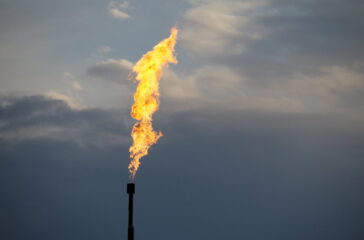Vast majority of global methane emissions go unregulated, says new study
By Grace van Deelen
Governments around the world are failing to effectively regulate and mitigate harmful emissions of methane, a greenhouse gas with a climate warming potential more than 25 times stronger than carbon dioxide, according to research published Friday.
 EWG
EWG